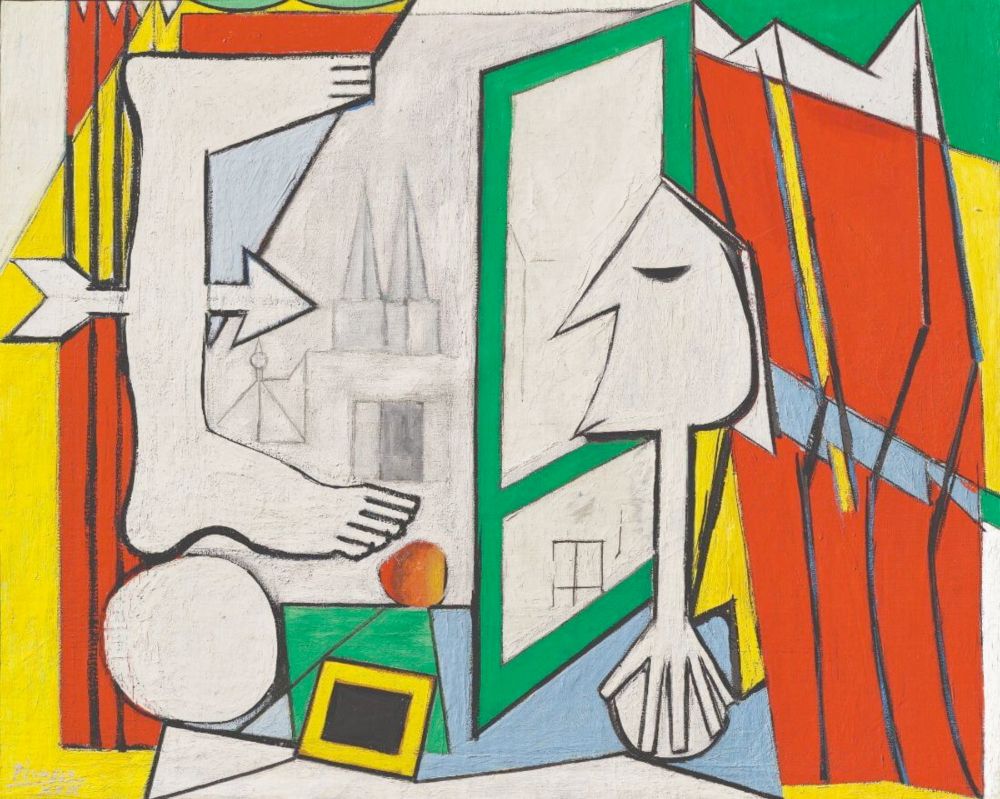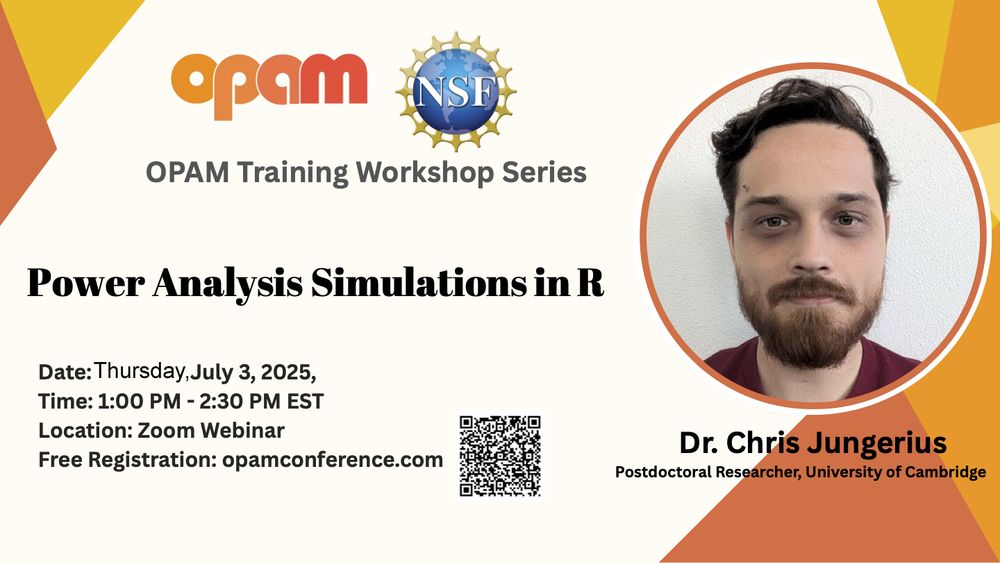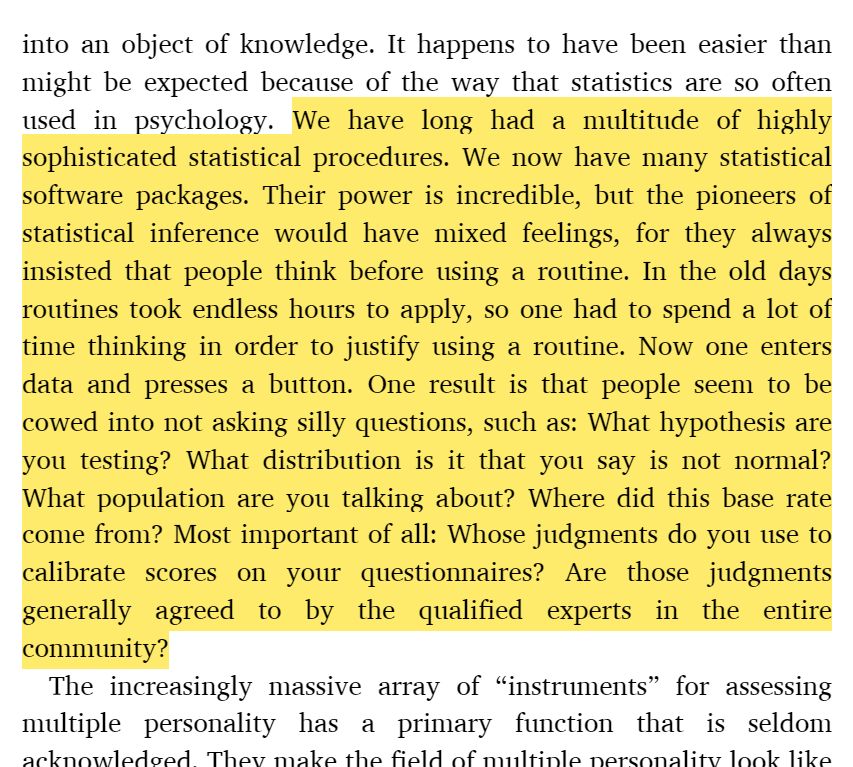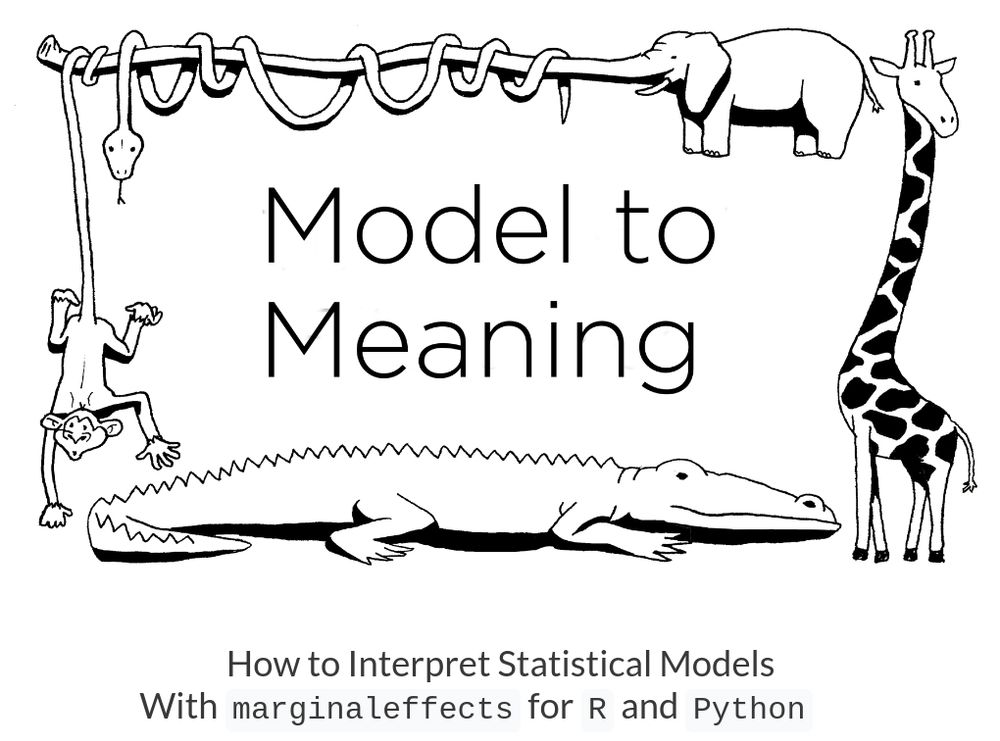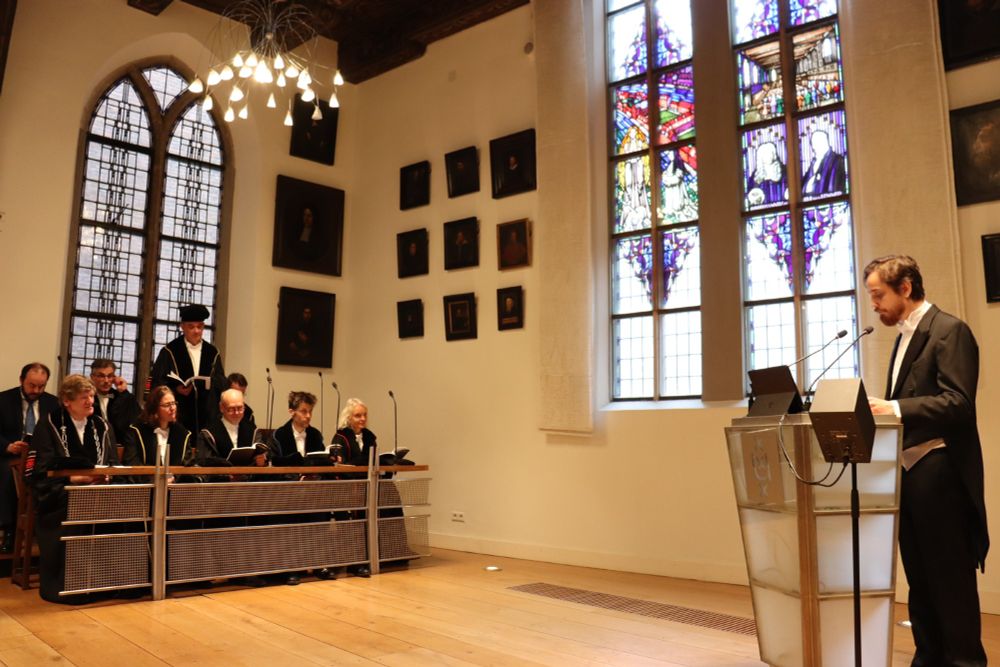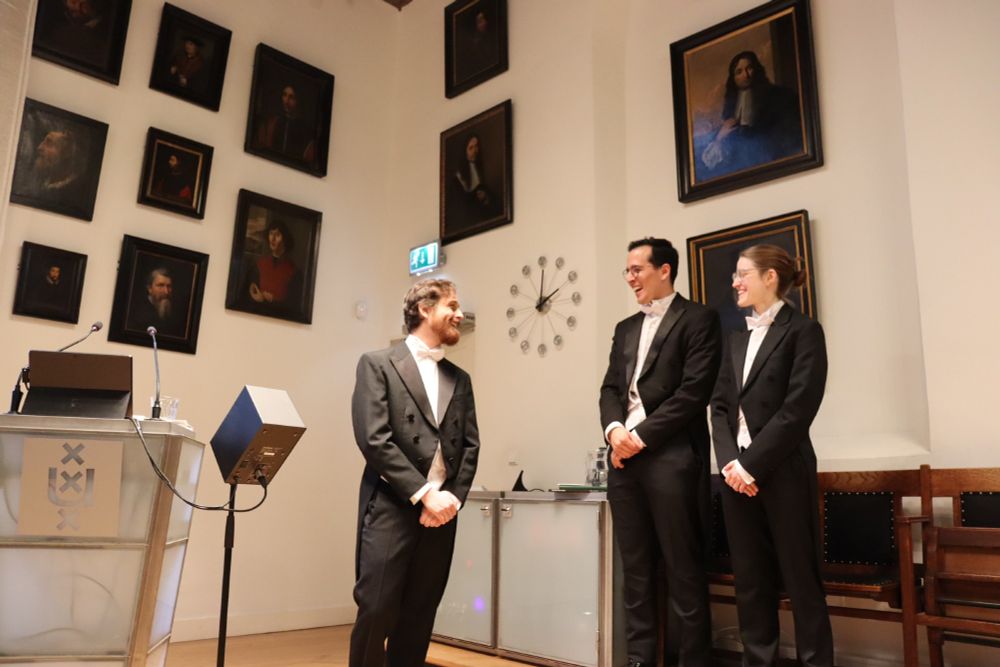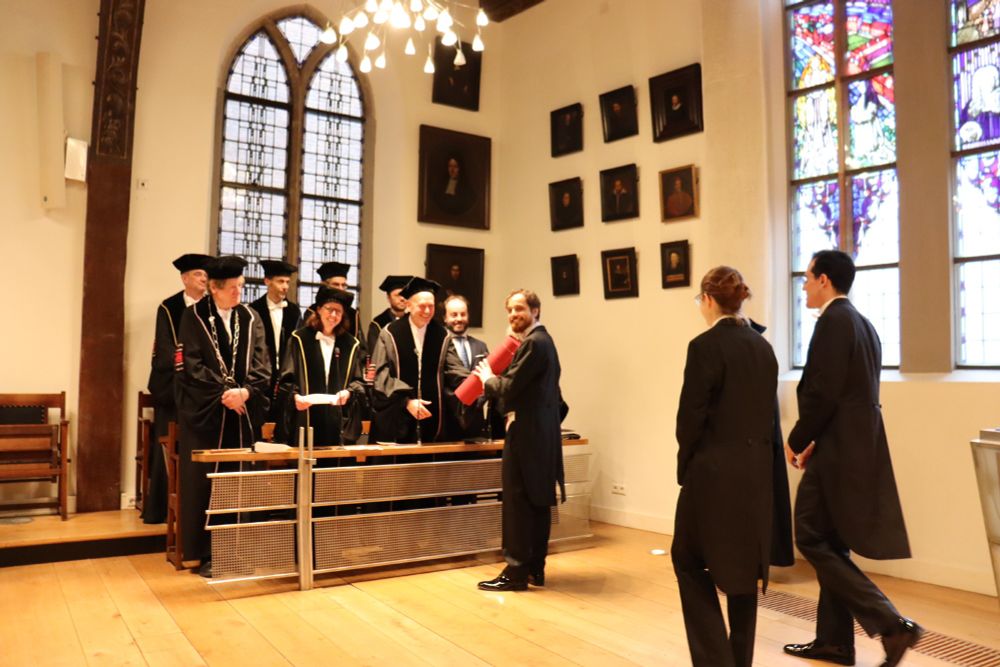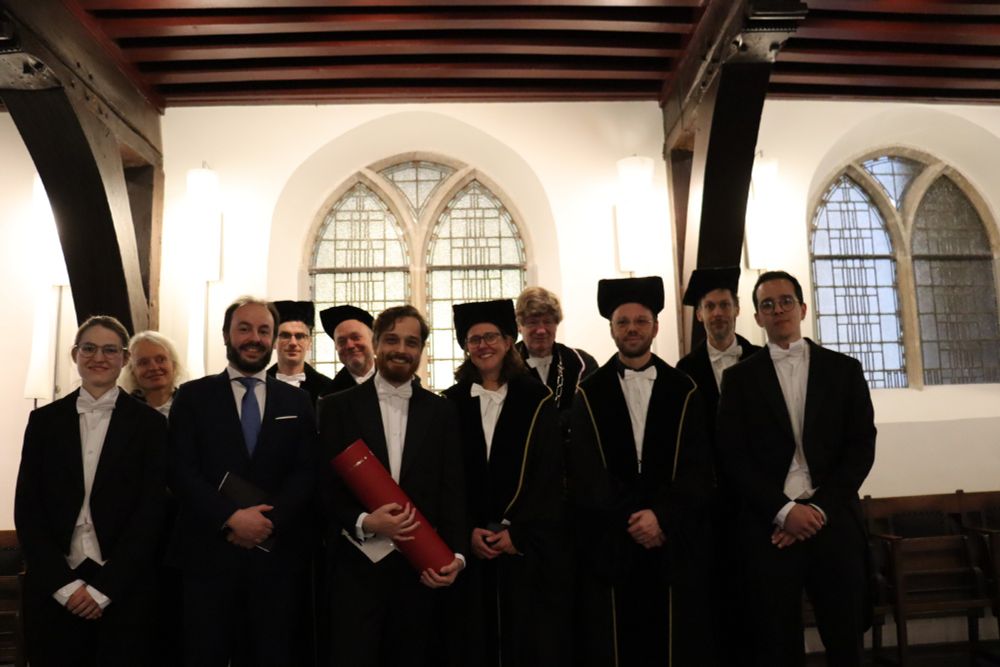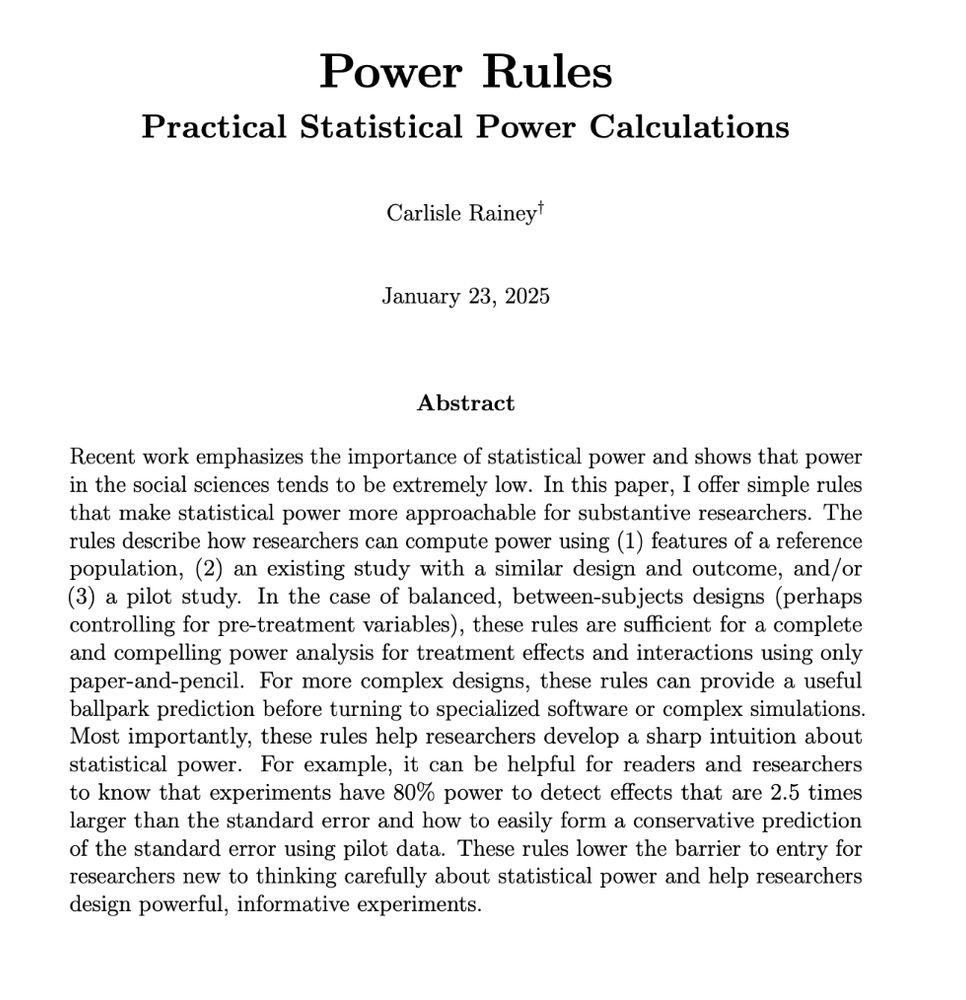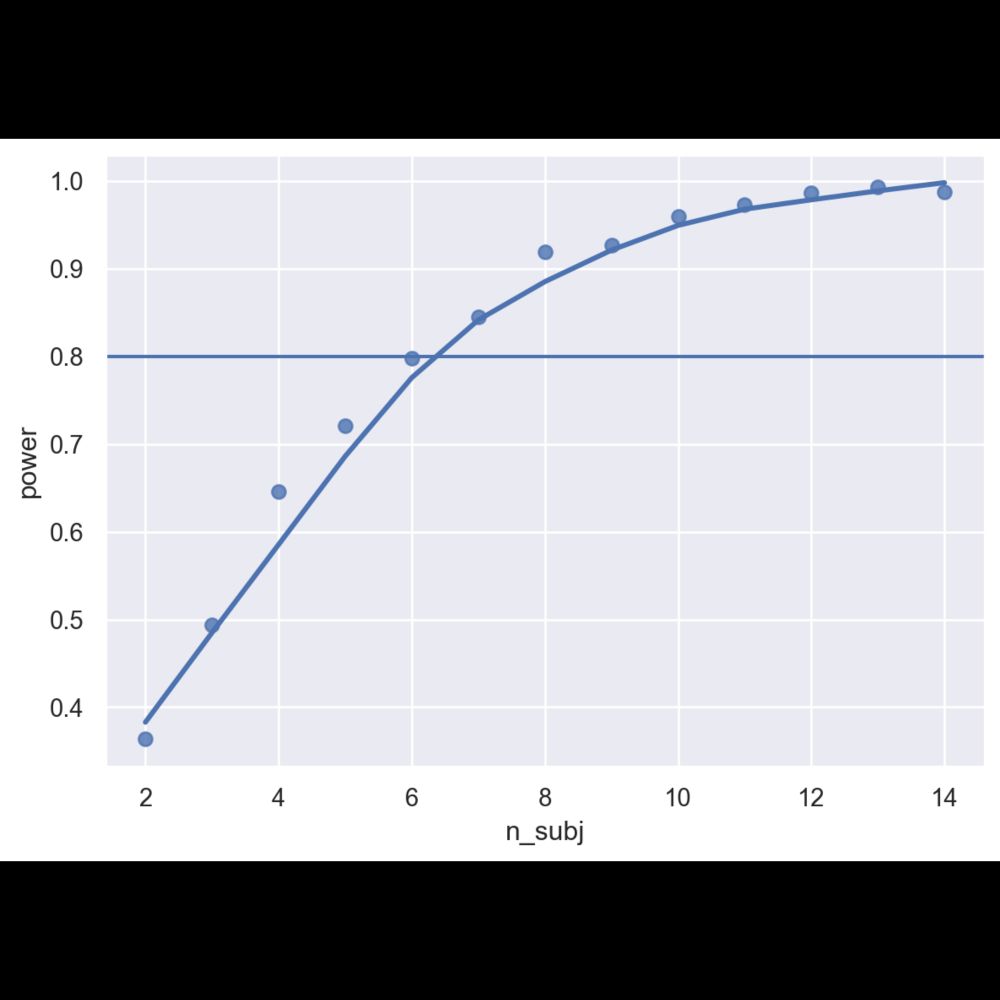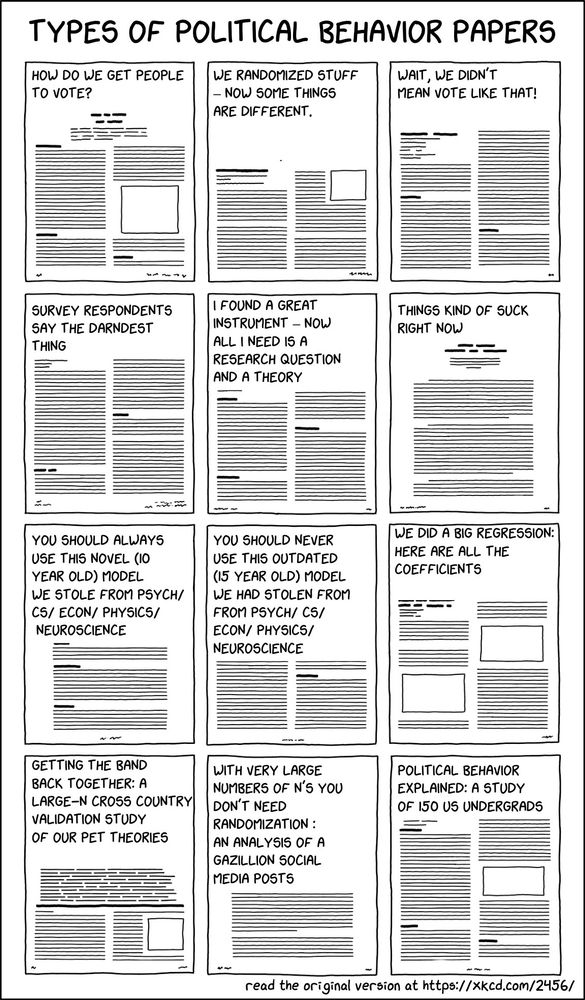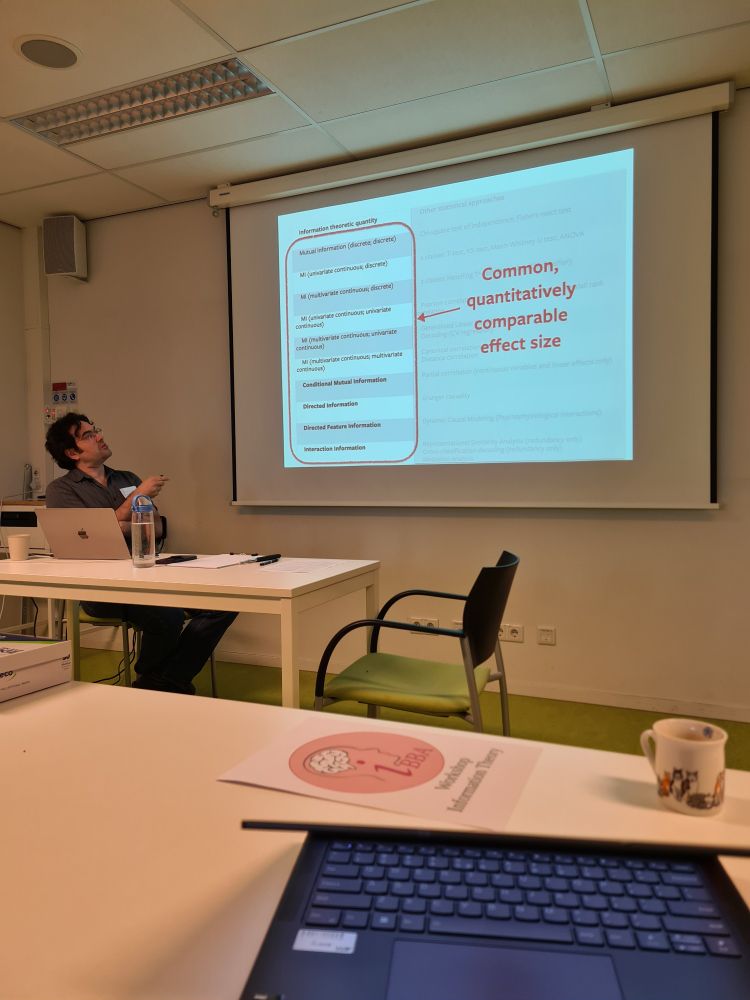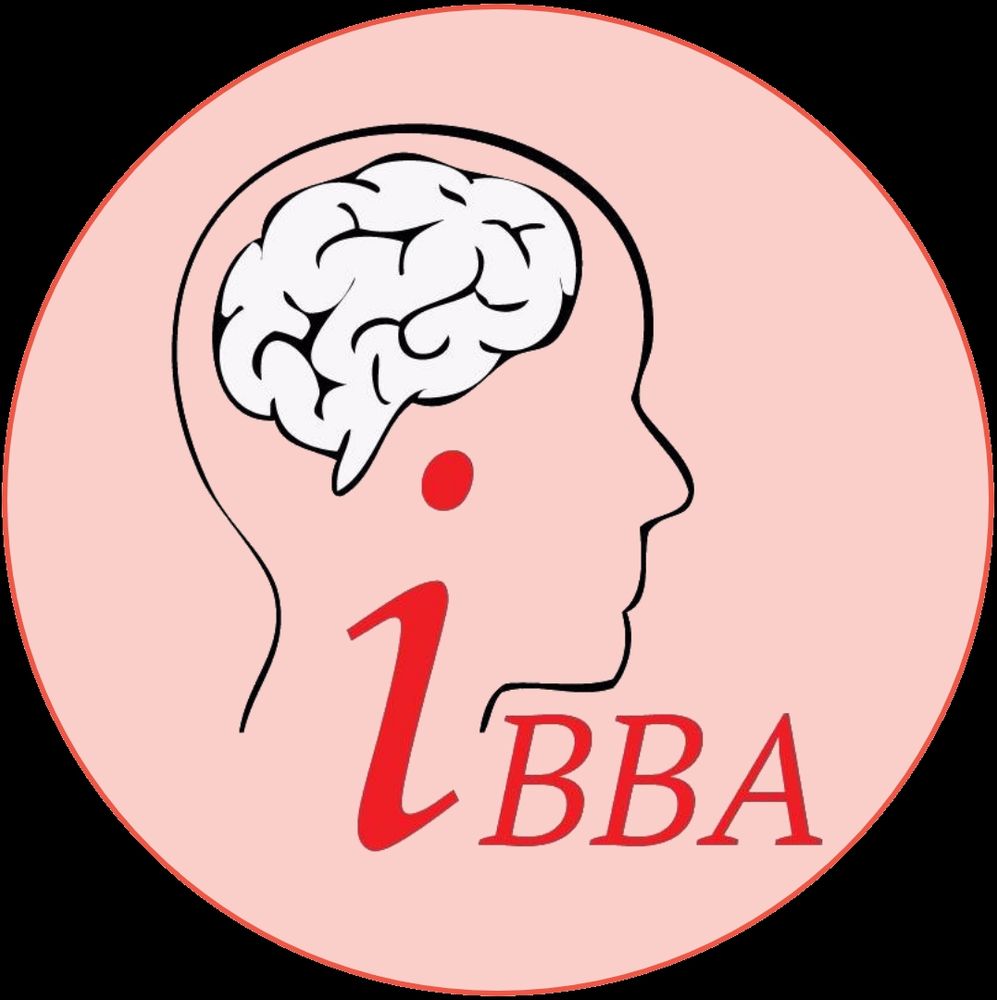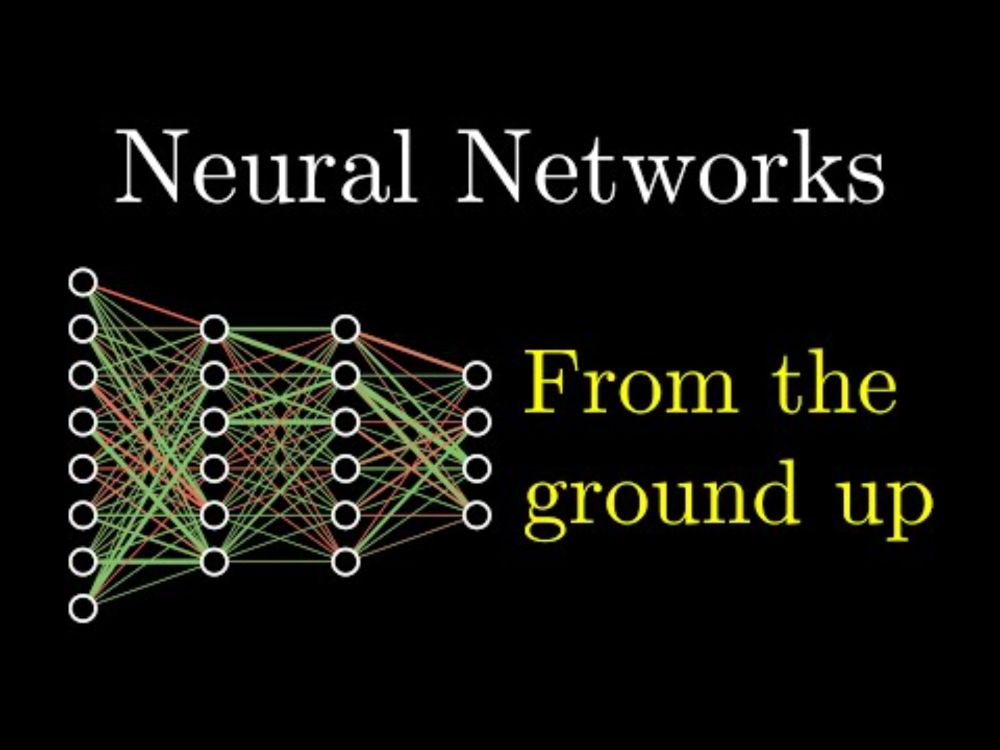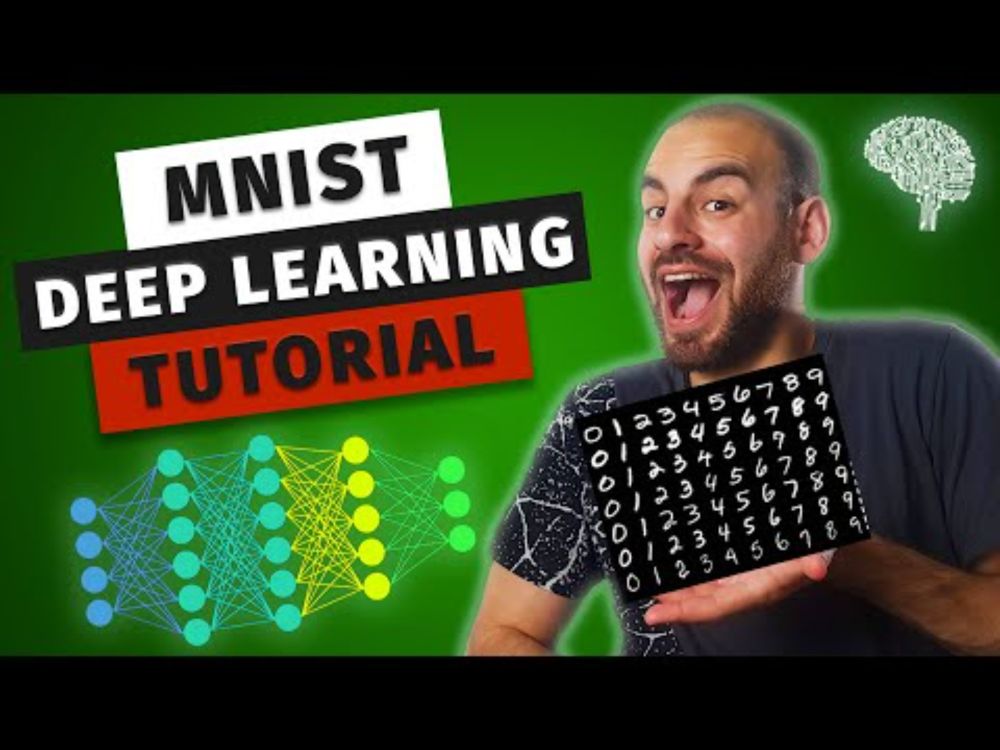Chris Jungerius
@cjungerius.bsky.social
110 followers
110 following
12 posts
PostDoc @ Cambridge University. Brains, Bayes, Visual working memory.
Posts
Media
Videos
Starter Packs
Reposted by Chris Jungerius
Reposted by Chris Jungerius
Chris Jungerius
@cjungerius.bsky.social
· Jun 11
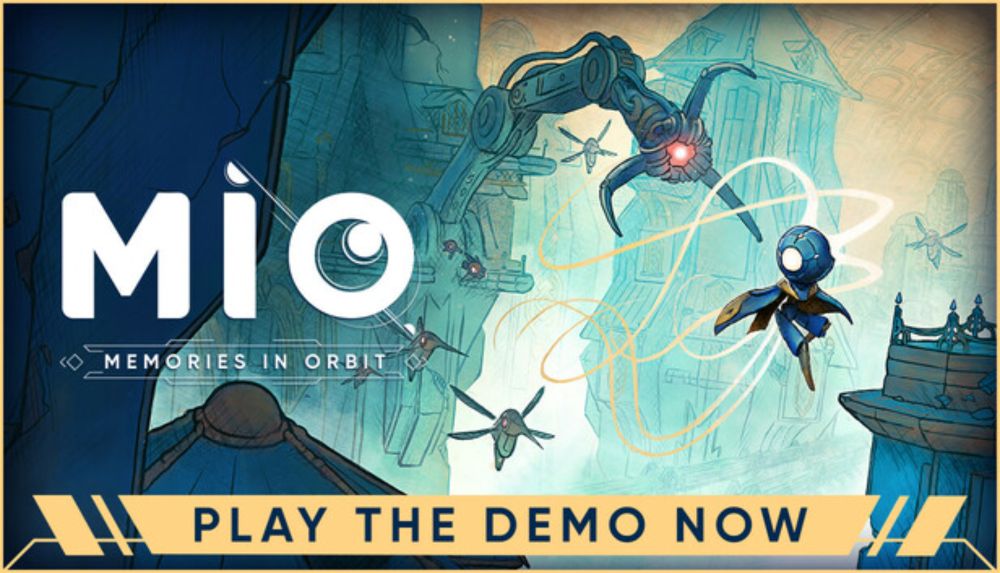
MIO: Memories in Orbit on Steam
Play as android MIO in this mesmerizing metroidvania where you explore the Vessel, an enormous technological ark overgrown with machines gone rogue. Uncover its secrets, enhance MIO's abilities, and s...
store.steampowered.com
Reposted by Chris Jungerius
Reposted by Chris Jungerius
Reposted by Chris Jungerius
Reposted by Chris Jungerius
Reposted by Chris Jungerius
Reposted by Chris Jungerius
Joe Bak-Coleman
@jbakcoleman.bsky.social
· Nov 25
jon ben-menachem
@jbenmenachem.com
· Nov 25

Has the Credibility of the Social Sciences Been Credibly Destroyed? Reanalyzing the “Many Analysts, One Data Set” Project - Katrin Auspurg, Josef Brüderl, 2021
In 2018, Silberzahn, Uhlmann, Nosek, and colleagues published an article in which 29 teams analyzed the same research question with the same data: Are soccer re...
journals.sagepub.com
Reposted by Chris Jungerius
Reposted by Chris Jungerius
Reposted by Chris Jungerius
Reposted by Chris Jungerius
Chris Jungerius
@cjungerius.bsky.social
· Sep 20
Reposted by Chris Jungerius


